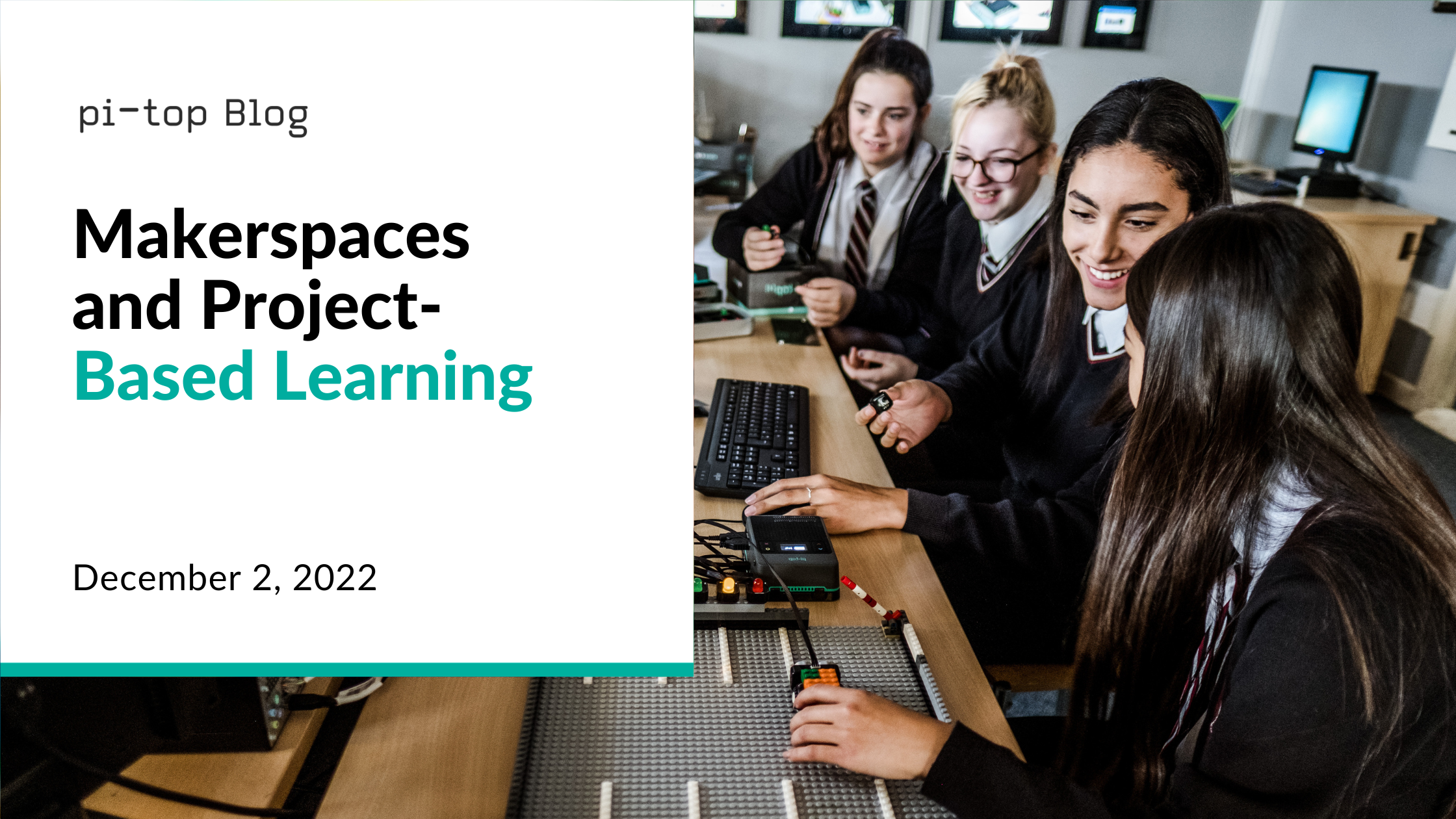Every year more districts are adding project-based learning spaces to their schools, including makerspaces with robotics, engineering, and 3D printing projects.
Teachers and administrators recognize the benefits of hands-on learning, both in terms of student engagement, and information retention. Makerspaces are a great way for students to use their creative thinking skills to develop real-world projects that further their understanding of core subject concepts.
Some additional benefits of school makerspaces includes:
Promotes equity
A well-designed, inclusive makerspace gives every student a place to explore creatively. Students can learn at their own pace, and develop projects based on their interests and abilities.
Inspires investigation and perseverance
Makerspaces give students a safe place to use hands-on exploration to understand problems at a deeper level and to explore creative solutions to those problems. This creative process of failure and reiteration helps students understand the importance of perseverance in learning.
Interdisciplinary learning
Makerspace work can be incorporated into almost every subject, from arts and history to language arts, engineering, and math. By giving students the opportunity to shift their learning from books and lectures into the physical world
Earth science - how much light does a plant need?
(Access the challenge on Further: https://further.pi-top.com/challenges/623227194e4dea001d1ca4ea)
History - how were secret codes created in WW2 so the messages sent over radio couldn’t be intercepted and understood?
(Access the challenge on Further: https://further.pi-top.com/challenges/5d83982b506a26cd46b8190b)
Art - just in time for Christmas, create your own Holiday tree and light it up!
-1.png?width=916&height=1030&name=Screenshot%20(10)-1.png)
(Access the challenge on Further: https://further.pi-top.com/challenges/61b2640e2fc7a8001bcc0709)
How to make a great makerspace?
Organization - Time in a makerspace can be limited. To help students make the most of their time there, it’s important to make sure everything is labeled, accessible, and easy to find.
Include a mix of high-tech and low-tech materials
Tablets, robotics kits, 3D printers, laser cutters, scanners
Lego, markers, fabric, cardboard, hand tools
Create a quiet area - While this is a creative space, it’s also a place to brainstorm and problem solve. If possible, set aside a quiet corner for students to use as they think through their projects.
Safety first - make sure students know the rules of the maker space and how to properly handle materials and tools.
Did you know?
You can incorporate pi-top products into your current computer science class or school makerspace! Pi-top products are flexible and can be used with technology you already own, like Makey Makey, Vernier and Grove Sensors, Lego system, 3D printers, and more.
To find out more about how you can integrate pi-top products into the technology you already have, watch our webinars and create an exceptional makerspace!!
Plays well with others webinar
3D Print pi-top plates and robotics kits parts webinar
Happy learning!

.png?width=1194&height=1148&name=Screenshot%20(7).png)
![[4]_Codebreaker](https://www.pi-top.com/hs-fs/hubfs/%5B4%5D_Codebreaker.png?width=5760&height=3840&name=%5B4%5D_Codebreaker.png)